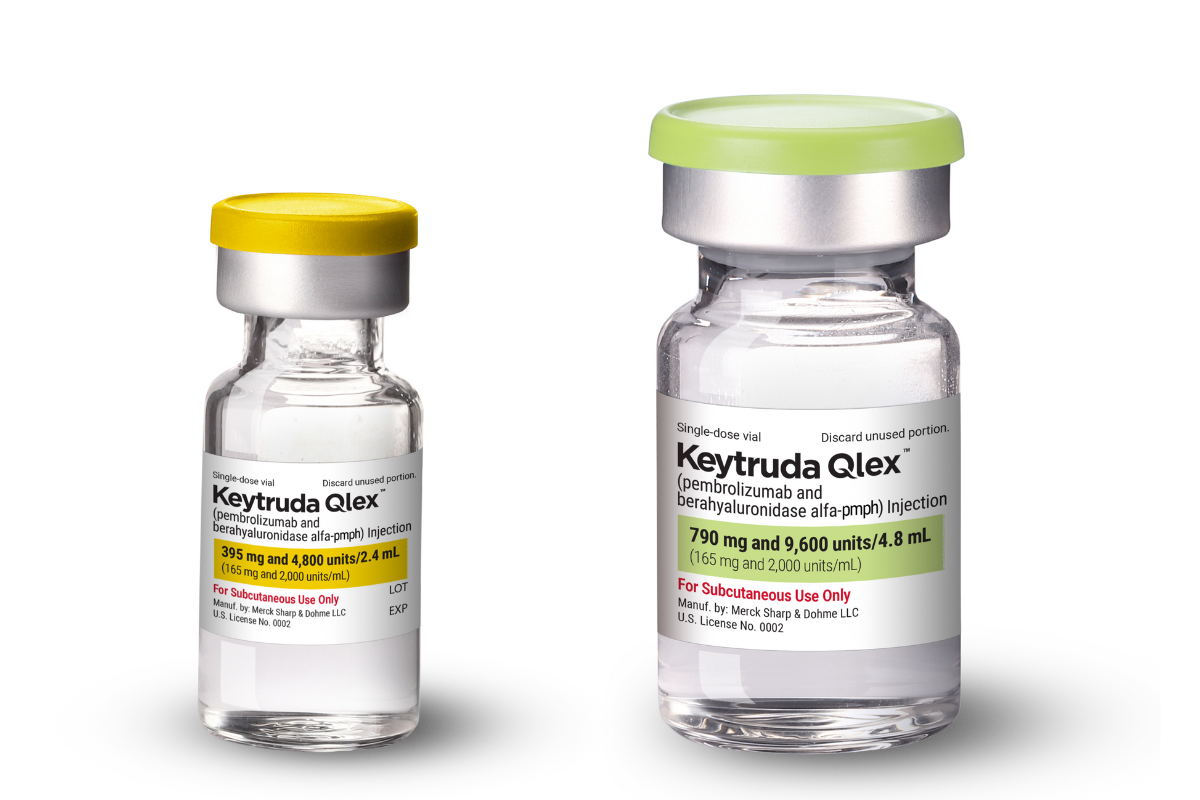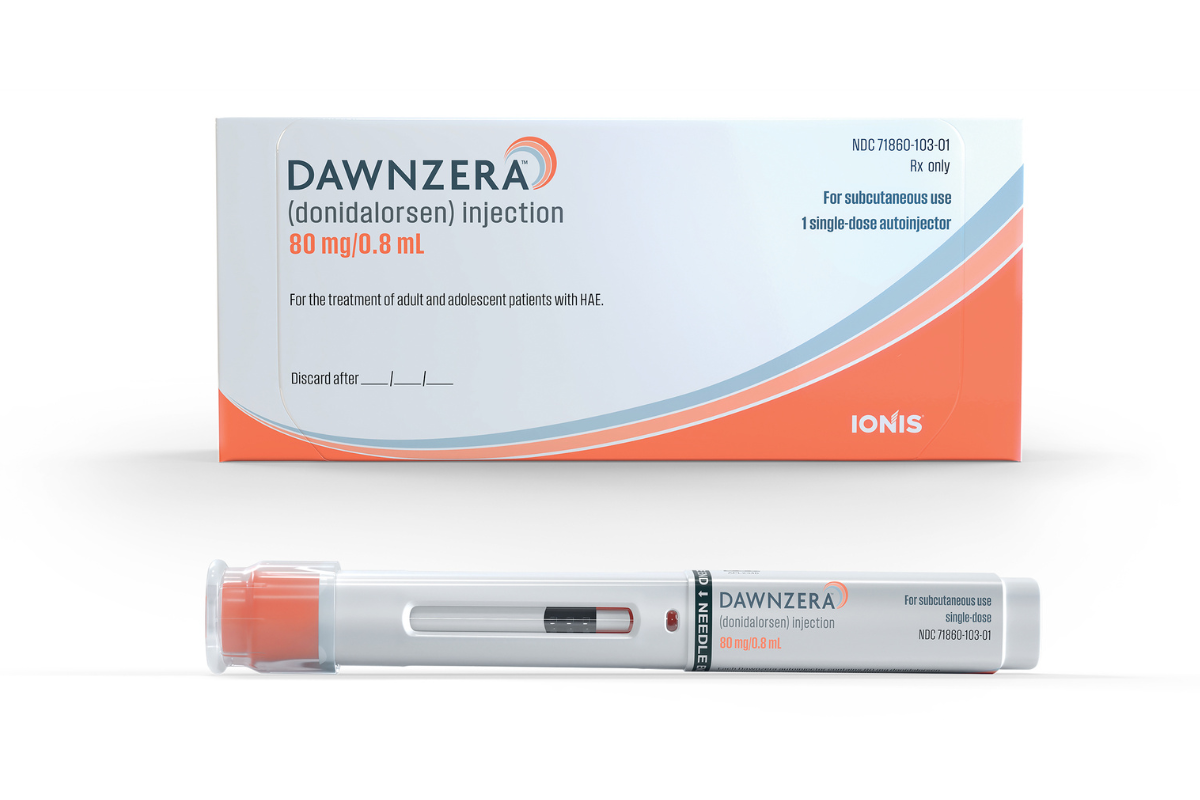Merck and development partner Ridgeback Biotherapeutics announced positive interim results from a Phase III trial evaluating molnupiravir (MK-4482, EIDD-2801), an investigational oral antiviral medicine, which showed that the drug significantly reduced the risk of hospitalization or death in patients with mild to moderate COVID-19 by about 50 percent. The patients were non-hospitalized.
The results of the study were so strong that an independent panel of medical experts monitoring the trial recommended to stop it early.
Encouraged by the positive data, Merck says it will soon seek emergency use authorization from the FDA for molnupiravir. If approved, the drug would become the first oral antiviral to treat COVID-19. Gilead’s antiviral remdesivir is administered intravenously for the treatment of hospitalized patients.
A pill for COVID-19, particularly for mild to moderate COVID-19, is welcome news as it could give patients a simple, non-invasive treatment option that they may be more inclined to take. A simple oral pill would also be logistically easier to distribute and administer.
The interim analysis looked at data from 775 patients who were initially enrolled in the Phase III MOVe-OUT (MK-4482-002) trial, which is a global Phase III, randomized, placebo-controlled, double-blind, multi-site study of non-hospitalized adult patients with laboratory-confirmed mild to moderate COVID-19 and at least one risk factor for poor disease outcome. The efficacy of molnupiravir was compared to placebo as assessed by the percentage of participants who are hospitalized and/or die.
Molnupiravir reduced the risk of hospitalization or death by approximately 50 percent at the interim analysis. In addition, 7.3 percent of patients who received molnupiravir were either hospitalized or died through Day 29 following randomization compared with 14.1 percent of patients that received placebo. No deaths were reported in patients given molnupiravir compared to eight deaths in patients who received placebo through Day 29. Given the stellar efficacy results, the trial’s independent monitoring committee recommended stopping the trial. The trial had completed 90 percent of its target enrolment at this time.
The drug also demonstrated consistent efficacy against the viral variants Gamma, Delta and Mu.
The incidence of adverse events was comparable in the molnupiravir and placebo groups (35 percent and 40 percent, respectively).
The Phase III MOVe-OUT trial was conducted globally across more than170 planned sites in countries including Canada, US, South Africa, Japan, Taiwan, Egypt, Israel and a handful of countries in South America and Europe.
Molnupiravir is a potent ribonucleoside analog that inhibits the replication of SARS-CoV-2. In preclinical models of SARS-CoV-2, molnupiravir has been shown to have activity with respect to prophylaxis, treatment and prevention of transmission. Preclinical and clinical data have also shown that it has activity against SARS-CoV-2 variants.
Molnupiravir was invented at Drug Innovations at Emory (DRIVE), LLC, a not-for-profit biotechnology company wholly owned by Emory University, and is being developed by Merck in collaboration with Ridgeback Biotherapeutics.
Apart from remdesivir, the only other authorized treatments for COVID-19 include Eli Lilly’s monoclonal antibody combo bamlanivimab and etesevimab, and the corticosteroid dexamethasone.
Merck’s announcement led its shares to jump by 9.5 percent, while simultaneously leading to a 10 percent plunge in Moderna’s shares, 1.6 percent drop in Pfizer’s and 18.1 percent drop in BioNTech’s shares.
The company said it expects to produce 10 million courses of the treatment by the end of 2021. Merck currently has a contract with the US government to deliver 1.7 million courses of molnupiravir at $700 per course.












Join or login to leave a comment
JOIN LOGIN